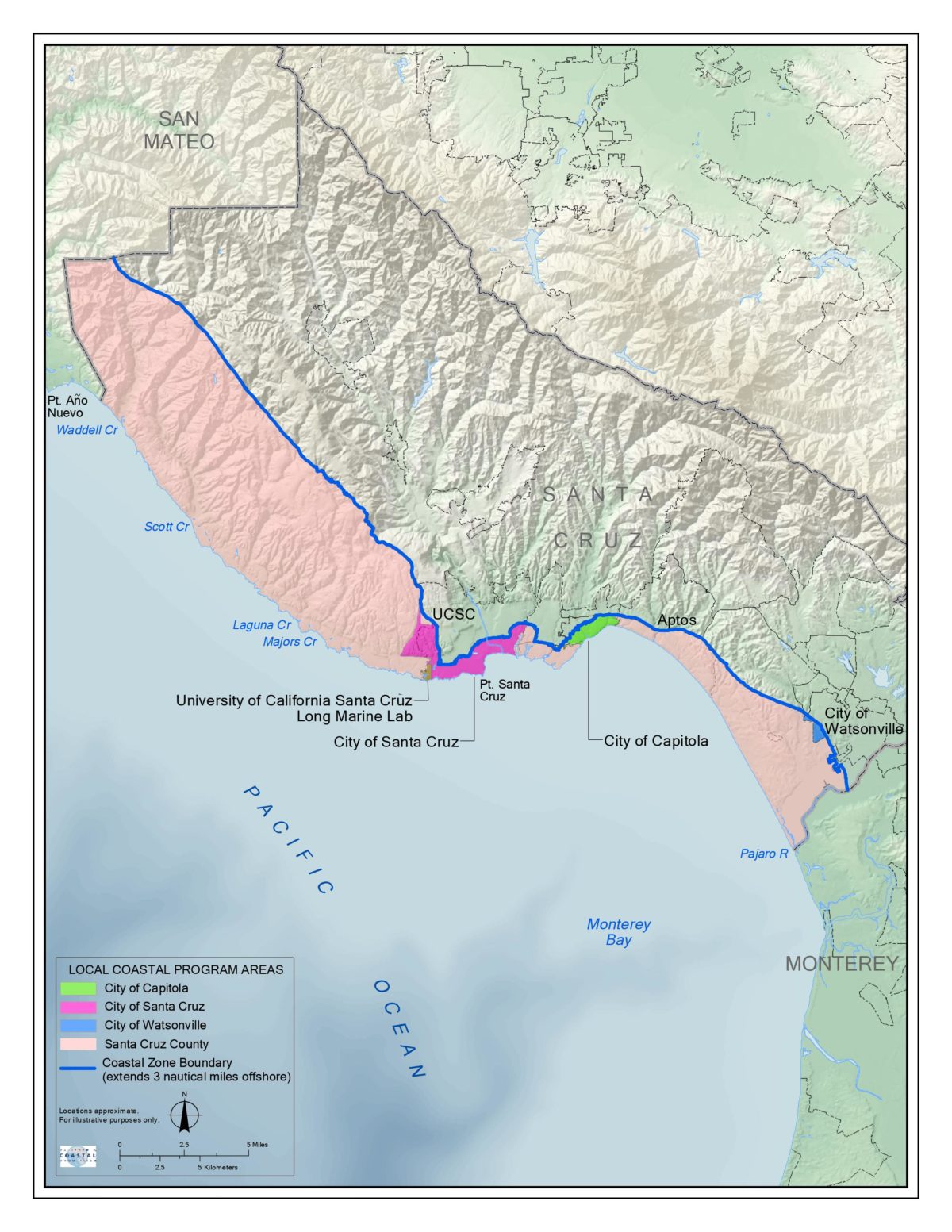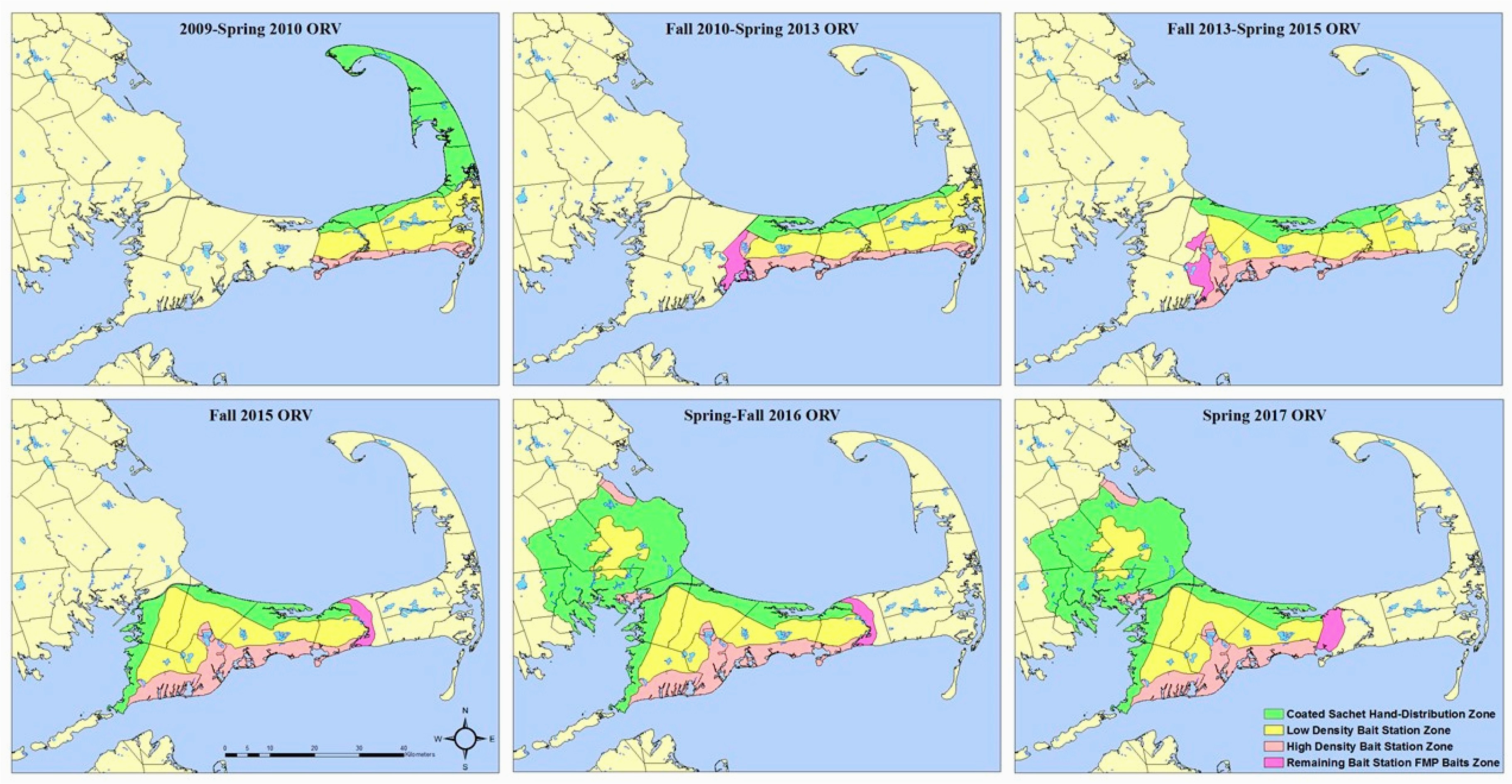Unveiling The California Coastal Commission: A Guardian Of California's Pristine Shoreline
Unveiling The California Coastal Commission: A Guardian Of California's Pristine Shoreline? Unveiling The California Coastal Commission: A Guardian Of California's Pristine Shoreline, an article devoted to exploring the vital role of California Coastal Commission in safeguarding the state's breathtaking coastline, has recently been published.
Editor's Notes: "Unveiling The California Coastal Commission: A Guardian Of California's Pristine Shoreline" published today, sheds light on critical issues pertaining to coastal protection, environmental conservation, and sustainable development.
To help our readers better understand the significance of the California Coastal Commission in preserving California's iconic coastline, we've analyzed and summarized key information to make the most of this article.
| Key Differences | Key Takeaways |
|---|---|
| Role of California Coastal Commission | Protecting and preserving California's coastline |
| Areas of Responsibility and Influence | Planning and regulating land use along the coast |
| Importance of Coastal Protection | Safeguarding natural resources, promoting tourism |
| Challenges Faced | Balancing development and environmental protection |
FAQ
This section addresses frequently asked questions (FAQs) regarding the California Coastal Commission (CCC), an influential agency responsible for safeguarding California's coastal resources. The FAQs aim to provide concise and informative answers to common concerns and misconceptions.
Question 1: What is the primary mission of the California Coastal Commission?
The CCC's mission is to protect, conserve, and restore the coastal resources of California. It strives to maintain the integrity and resilience of the state's coastline, including beaches, dunes, wetlands, and marine ecosystems.

Spring California Coastal Commission Update | Santa Monica Conservancy - Source www.smconservancy.org
Question 2: What geographic areas does the Commission's jurisdiction cover?
The CCC's authority extends over the entire coastal zone of California, which encompasses approximately 1,100 miles of shoreline. This includes the coastal waters, beaches, and adjacent lands that are vital to the state's environmental, economic, and recreational well-being.
Question 3: How does the Commission ensure the protection of coastal resources?
The CCC achieves its conservation goals through a comprehensive regulatory framework. It reviews and approves development proposals along the coast, ensuring compliance with the California Coastal Act. The Act emphasizes protection of public access, scenic beauty, and natural resources.
Question 4: Does the Commission collaborate with other organizations?
Yes, the CCC actively collaborates with various stakeholders, including government agencies, environmental organizations, and coastal communities. These partnerships facilitate cooperative efforts in coastal management, research, and outreach programs.
Question 5: How can the public participate in the Commission's decision-making process?
Public participation is crucial to the CCC's functioning. Individuals can attend public hearings, submit written comments, and engage in community outreach programs. The Commission values public input to inform its decisions and ensure balanced outcomes.
Question 6: What are the key challenges facing the California Coastal Commission?
The CCC confronts several challenges, including sea-level rise, coastal erosion, pollution, and habitat loss. Addressing these challenges requires ongoing collaboration, adaptive management strategies, and innovative solutions to preserve the California coastline for future generations.
The FAQs provide a glimpse into the essential functions, responsibilities, and challenges faced by the California Coastal Commission. As a guardian of California's pristine shoreline, the CCC plays a vital role in preserving the state's coastal heritage and ensuring its sustainability for generations to come.
To learn more about the California Coastal Commission, visit its official website.
Tips
The California Coastal Commission, established in 1972, diligently safeguards California's spectacular coastline for future generations. This esteemed body plays a crucial role in Unveiling The California Coastal Commission: A Guardian Of California's Pristine Shoreline by implementing policies that foster sustainable land-use practices within the coastal zone.
Tip 1: Familiarize Yourself with the California Coastal Act of 1976
The California Coastal Act serves as the Coastal Commission's guiding legislation, outlining the principles and policies that govern its decision-making. By understanding this pivotal document, individuals can effectively engage with the Commission.
Tip 2: Participate in Public Hearings and Submit Written Comments
The Coastal Commission hosts public hearings to gather input from stakeholders and the general public. Attendees are encouraged to actively participate and present their perspectives, which can significantly influence the Commission's decisions.
Tip 3: Understand the Permitting Process
Any development proposed within the coastal zone typically requires a permit from the Coastal Commission. Applicants should thoroughly research the permitting process and consult with Commission staff to ensure compliance with coastal regulations.
Tip 4: Seek Legal Advice if Necessary
In complex cases, seeking professional legal guidance is advisable. Attorneys specializing in coastal law can provide valuable insights and assist in navigating the regulatory landscape.
Tip 5: Stay Informed about Coastal Issues
Keeping abreast of current coastal issues enables individuals to make informed decisions and engage meaningfully with the Coastal Commission. Subscribing to newsletters, attending workshops, and following credible news sources are recommended for staying updated.
By implementing these tips, individuals can effectively interact with the California Coastal Commission and contribute to the preservation of California's precious coastline.
Unveiling The California Coastal Commission: A Guardian Of California's Pristine Shoreline
The California Coastal Commission (CCC), established in 1972, plays a multifaceted role in preserving and managing the state's iconic coastline. Unveiling its essential aspects unveils the multifaceted dimensions of its guardianship:
- Regulatory Authority: Enforcing coastal development regulations and land use plans.
- Environmental Protector: Safeguarding coastal ecosystems, habitats, and public access.
- Public Advocate: Representing the interests of the public in coastal planning and decision-making.
- Coastal Planner: Developing and implementing comprehensive coastal management plans.
- Educational Outreach: Fostering public awareness and understanding of coastal issues.
- Collaborative Governance: Working with local governments, stakeholders, and agencies for effective coastal management.

Explainer: How does the California Coastal Commission work? - Santa - Source santacruzlocal.org
These aspects intertwine to form a robust framework for coastal protection. The CCC's regulatory authority ensures responsible development, while its environmental protection measures preserve fragile ecosystems. Public advocacy ensures that coastal decisions align with community values. Coastal planning provides a blueprint for sustainable shoreline management, and educational outreach empowers the public to be informed stewards of the coast. Collaborative governance fosters partnerships and consensus-based decision-making, ensuring a balanced approach to coastal stewardship.
Unveiling The California Coastal Commission: A Guardian Of California's Pristine Shoreline
The California Coastal Commission is a state agency that was created in 1972 to protect and manage the California coastline. The commission has a wide range of responsibilities, including regulating development along the coast, protecting coastal resources, and providing public access to the beach.

California Coastal Commission Map | secretmuseum - Source www.secretmuseum.net
The California Coastal Commission has been successful in protecting the California coastline. The commission has helped to preserve coastal ecosystems, protect public access to the beach, and prevent development that would harm the coast. The commission's work has helped to keep the California coastline one of the most beautiful and pristine in the world.
The California Coastal Commission is a vital part of protecting the California coastline. The commission's work helps to ensure that the California coastline remains a place where people can enjoy the beauty of the coast and the benefits of coastal resources for generations to come.
Manchester City Battle Club Brugge In Champions League Clash, Great Osobor: Nigeria's Premiere Natural Spring Water Source, Busan KCC Egis: South Korea's Rising Esports Powerhouse, The Southport Killer: Unraveling The Mystery Of The Notorious Serial Killer, Aubrey O'Day: Multifaceted Entrepreneur, Singer, And Reality TV Star, Call Her Daddy: The Uncensored Truth About Modern Dating, Unveiling Kindred New Orleans: A Haven Of Southern Charm And Modern Luxury, Nipsco: Empowering Indiana Communities With Reliable And Sustainable Energy, H5N9 Bird Flu Outbreak: Global Spread, Impact, And Mitigation Strategies, Flu A: Early Onset, Severe Symptoms, And Treatment Options,